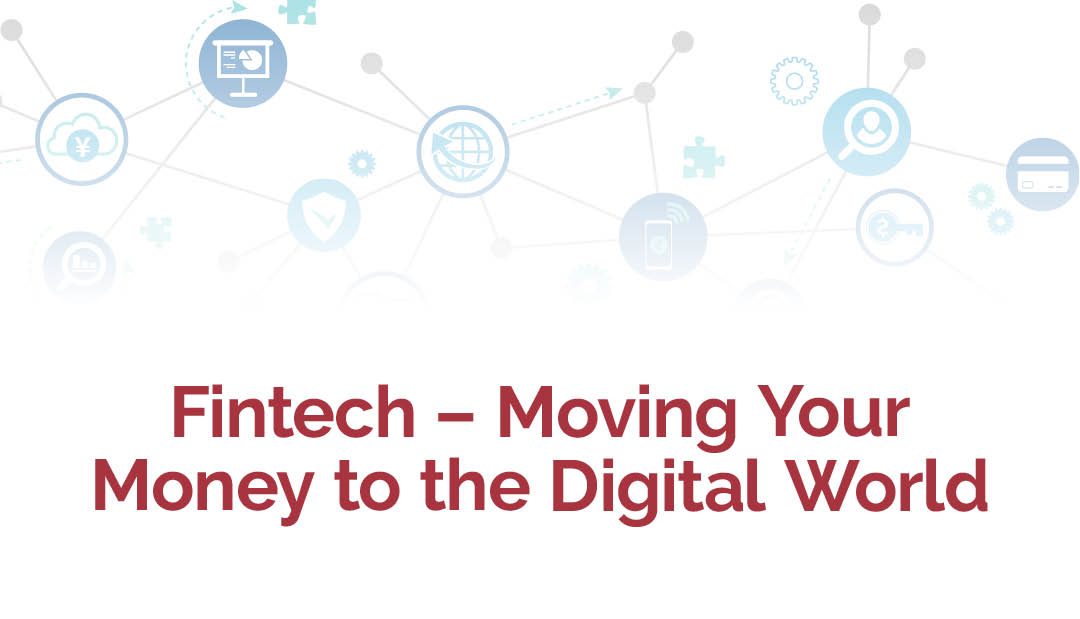Financing comes with a lot of paperwork – pay stubs, check books, bank statements… you name it. All of these documents amass into piles that you must either store in large filing cabinets or shred to oblivion. At least, those are the conventional options for paperwork, but whoever said you were conventional?
To the amateur and professional financiers alike who want to preserve their living space and financial records, there is a third option. It involves a new way of earning, saving, and spending money and it works through financial technology.
Financial technology – or fintech, for short – refers to a category of machines, programs, and apps that digitize your finances. The term may be new to you, but you’ve likely used fintech before, through an e-receipt or at the ATM. Whatever technologies you’ve tried in the past, we’re exploring a few more
today that may be new to you.
Let’s begin our exploration with the fuel of all financing – income. For many years, it came eitherin cash or by check, but now fintech is challenging tradition. With the arrival of direct deposit and money transfer apps – not to mention digital paystubs – payment can be paper free.
In fact, it is paper free at most American businesses, as you probably know by experience. But, did you know that fintech will meet you halfway if your income still rides on a check? That’s right, you can make deposits electronically with a smart phone on your bank’s official app.
Fintech can also assist you once your money’s in the bank. Digital bank statements, for example, will keep their paper counterparts from cluttering your mailbox and your home. Accounting apps will save you even more space – along with time and effort – when used in place of accounting books. Also, if you want to avoid the hassle of keeping a checkbook, you can always ask your bank for a debit card.
A debit card can help you reduce the paperwork of spending, too, along with a few other fintech inventions. E-receipts, for instance, will spare you the trouble of a hundred paper slips, and text-to-pay services will let you forward funds by messaging a verified payment provider. Another digital tool puts a debit/credit card in your phone; not literally, of course, but with an app.
Many banks, credit card companies, and third-party developers have created payment apps that allow you to securely sync your credit/debit card to a smart phone. Most registers can recognize a payment app and will accept yours with a simple wave of the phone. And, when you’re away from the register, you can shop with cryptocurrency.
Cryptocurrency is precisely what it sounds like: a digital money system that can function apart from any particular real-world economy. Several of these currencies have been floating around the web since the early 2000s. Not all establishments accept cryptocurrency, of course, but the number of those that do is on the rise.
At the same time, new fintech tools continue to emerge in the American marketplace. It’s an exciting time of innovation and advancement – but not a time of leaving behind. There is enduring value in tangible financing; the kind you can hold, feel, and file. So, embrace fintech or keep it conventional. That’s your choice to make, no paperwork necessary.







